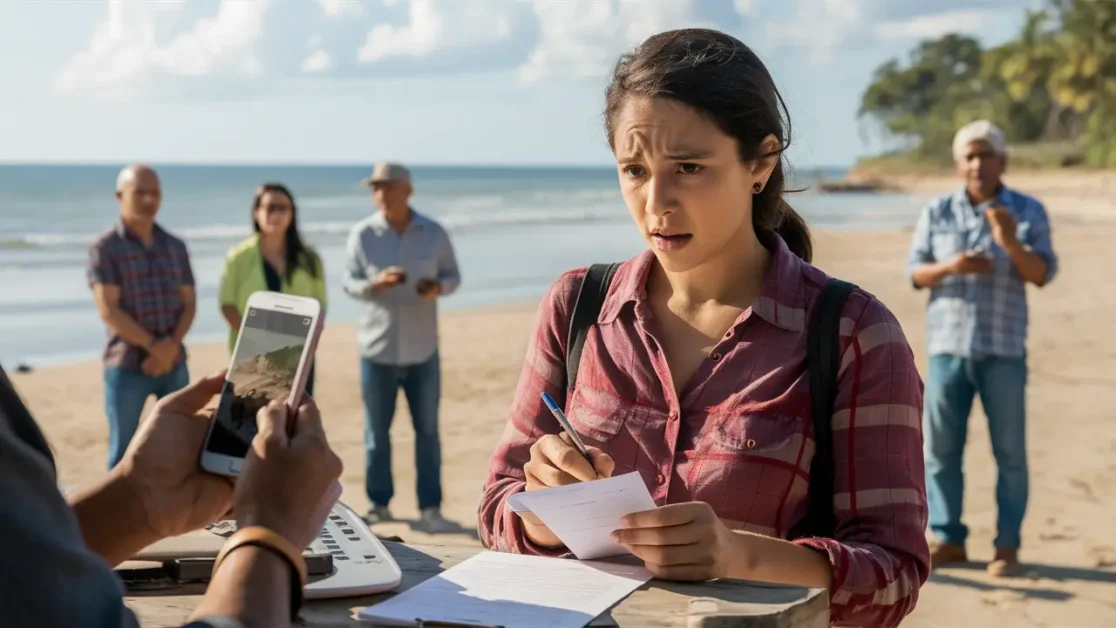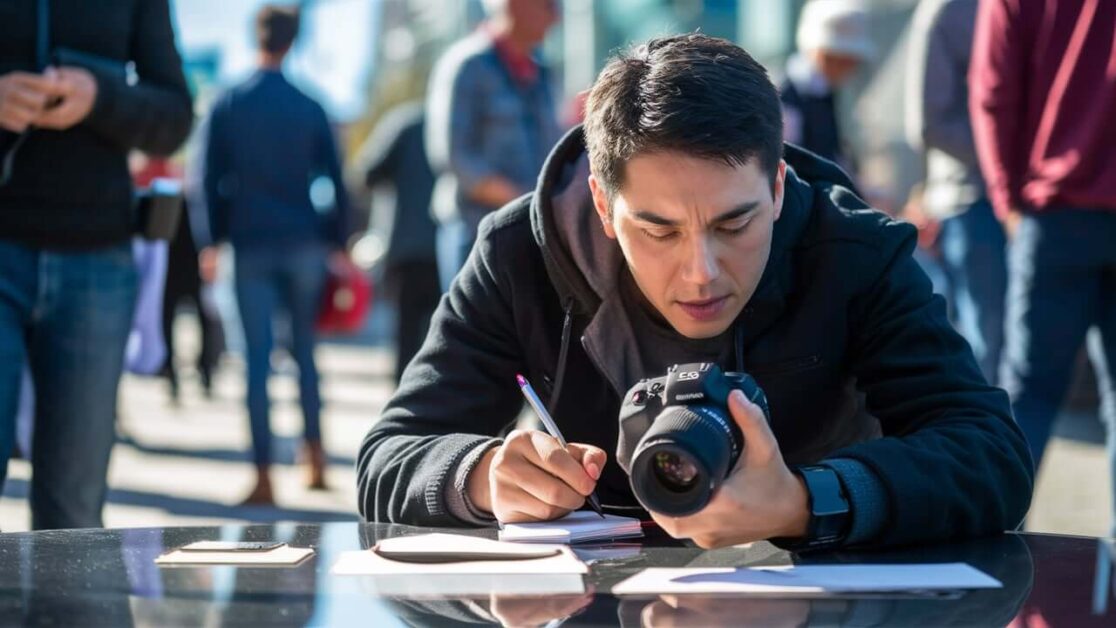If someone has scammed you in Goa, don’t worry. You’re not alone.
This guide shows you what to do next. It covers reporting the scam and recovering losses.
Whether it’s your first visit or you’re a frequent traveler, knowing how to deal with a scam is crucial.
It can prevent your trip from turning into a nightmare.
So, stay informed. Protect yourself. Make your Goa trip memorable for the right reasons. Read on to learn how to stay safe.
Who Gets Scammed in Goa and Why?

Scammers in Goa can target anyone, including first-time tourists and seasoned travelers.
Scammers often target those unfamiliar with local customs or too relaxed to notice warnings.
Knowing you’re not alone can ease stress and embarrassment.
What Should I Do Immediately After Realizing I’ve Been Scammed?
First, stay calm. Panic leads to poor decisions and helps scammers. In public, find witnesses for future support. Here’s what to do:
- Document the Incident: Write down everything. Include the scammer’s appearance, the location, and your losses. This info is vital for your report.
- Secure Your Finances: If you used credit or debit cards, call your bank. Freeze your accounts to stop further losses.
- Gather evidence: Take photos or videos of the scammer or scene. Also, collect contact info from witnesses.
Where Should I Report the Scam?
Reporting a scam is crucial. It aids in recovery and stops the scammer from targeting others. Here’s where to report:
Local Police Station: Go to the nearest station to file a report. Goa’s police handle such cases well. Your report might spark an investigation.
Tourist Help Centers: These centers offer help. They guide you on what to do next and can assist in filing a report.
Consulate or Embassy: If you’re a foreign tourist, contact your consulate or embassy. They provide legal help. They guide you through local processes. They support you in serious cases.

How Can I Recover My Losses?
Recovering money or valuables lost to a scam is tough, but it is possible. Here’s how:
- Contact your bank: For credit card or bank transfer scams, report them right away. Most banks refund losses from fraud.
- File an insurance claim: If you have travel insurance, reach out to your provider. Many cover scam losses, but you need detailed proof.
- Consider Legal Action: Sometimes, you may need to sue. This takes time, but it might be worth it for big losses.
How Can I Avoid Scams in Goa?
Preventing scams is better than fixing the damage. Here are tips to avoid scams:
- Learn about scams: know common scams in Goa. A guide to Goa’s beaches can help.
- Be cautious with offers: if a deal seems too good, it likely is. Watch out for low offers from strangers.
- Use reliable sources: Always book taxis, tours, and accommodations with trusted companies. Avoid street vendors and unlicensed agents.
- Stay alert: Scammers target distracted tourists. Be aware and trust your instincts.
What Legal Rights Do I Have as a Tourist in Goa?
As a tourist, you have the right to fair treatment and legal protection.
Indian laws protect against fraud, and the local police must assist you.
If you face resistance or corruption, contact your embassy.
It imposes pressure and strengthens your case’s credibility.
When should I get professional help?

Sometimes, you may need professional help, like a lawyer or a local guide.
This is especially true if a scam involves a lot of money or if you’re struggling with local laws.
Don’t hesitate to ask for help; it’s better to be safe than sorry.
Why Is It Important to Report Scams?
Reporting scams makes travel safer for everyone.
Your report can prevent others from falling for the scam and may help capture the scammer.
By speaking up, you improve travel for all.
How Can I Turn This Experience into a Positive One?
Getting scammed is tough, but it doesn’t have to ruin your trip.
Learn from it and share your story to help others. Use travel blogs or social media to spread the word.
Remember, sharing knowledge is key to making a difference.
Want to stay safe in Goa? Check out our guide on avoiding scams at Goa beaches. Don’t let a scam ruin your trip—stay informed and travel smart!
FAQS
First, collect evidence. Then, report the scam to local authorities and, if necessary, contact your embassy. Stay calm and follow legal procedures.
You can recover by filing a police report and working with local authorities. For more help, contact your bank or credit card company.
Contact the local police immediately and file a report. For serious cases, reach out to your embassy or consulate for support.
Scams such as overcharging, fake guides, and counterfeit goods are common. So, stay informed and cautious.
Research common scams, stay alert, and avoid deals that seem too good to be true. Use reputable services and trust your instincts.
You can file a police report, take the case to court, or seek mediation through local consumer protection agencies.
Yes, local police and consumer protection agencies can assist you in recovering losses and pursuing legal action against scammers.
Yes, especially if you need legal help. Also, if the scam caused serious financial loss or personal danger.
